Top 3 Herbal Recipes for Immune Support: Tinctures, Tonics & Juices to Keep You Strong
When it comes to keeping your immune system strong, nature has always had our backs.
Herbs, roots, and natural compounds have been used for centuries to fortify the body, and now, more than ever, it’s time to reclaim that wisdom. As diseases change and evolve, growing out of reach of our antibiotics and modern medicines, it is this wisdom that will remain a pillar, guiding us and keeping our bodies strong.
As an herbalist, one of the founding principles of truly understanding health, is that a lot of it begins before you even get sick.
Preventative medicine is just as vital as the salves, tinctures, and poultices we use to treat ourselves. Treating illness is very cool – but preventing it altogether is essential.
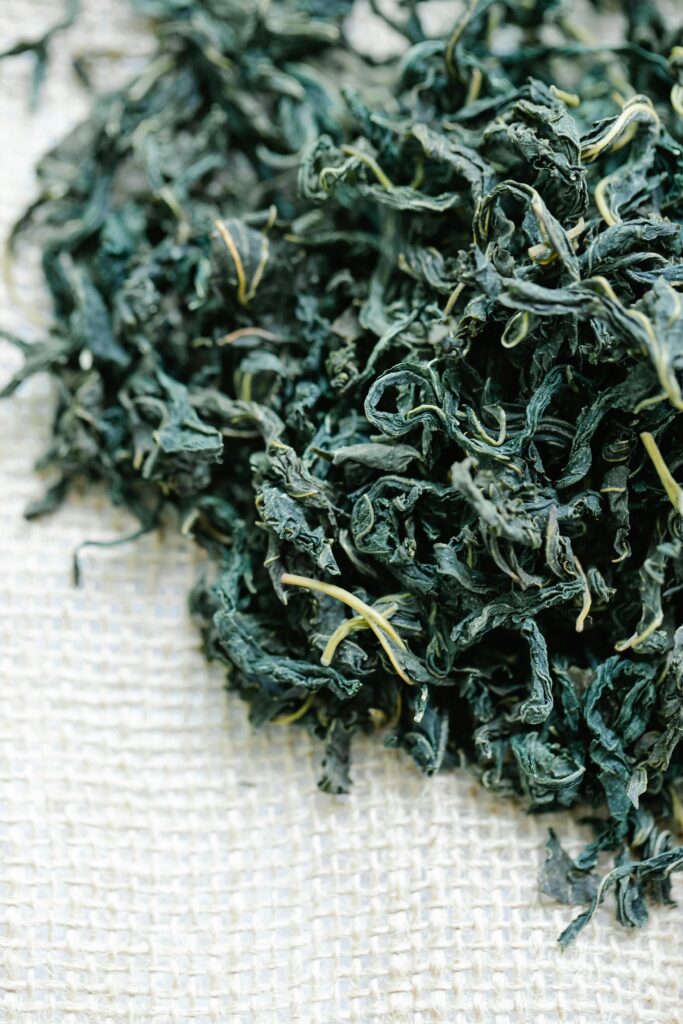
If you’re looking for a powerful, natural way to boost your immunity, these three herbal recipes are exactly what you need. Two of them contain more ingredients than a standard remedy, so break out that pen and pad that are gathering dust or take a screenshot when it gets to the ingredients.
1. Echinacea & Astragalus Tincture – The Ultimate Immune Shield
Echinacea & Astragalus Tincture
A tincture is one of the most effective ways to extract and preserve the immune-boosting benefits of herbs. This echinacea and astragalus tincture is a must-have for anyone looking to strengthen their immune system naturally.
This tincture is one I’ve made for years, and recently found a version of it in The Forgotten Apothecary, an awesome compendium of 250 remedies for everything under the moon, written by one of the foremost minds of herbalism today.

Ingredients:
80 Proof vodka or gain alcohol. (or glycerin for non-alcoholic tinctures) – Used to extract and preserve the medicinal compounds of the herbs. Purity is key here, and clean, organic grain alcohol is what you want, if you can get it.
Echinacea – A go-to herb for immune support, echinacea stimulates white blood cell production and helps shorten the duration of colds and infections. A tonic of this alone will do you great, but the next ingredient is a powerful one in its own right.
Astragalus – A deep immune tonic, astragalus supports long-term immune function and enhances the body’s resistance to stress and illness.
Tinctures are fairly simple and call for few ingredients, but with these two, you honestly don’t need much else added. Got to let the superstars shine.
How to Make It:
Take 1-2 dropperfuls daily for immune maintenance or at the first sign of illness.
- Fill a clean jar of your herbs, ensuring they are chopped or crushed for maximum capacity, and that they are in equal parts. 50% echinacea, 50% astragalus.
- Pour alcohol or glycerin over the herbs until fully submerged.
- Seal the jar and give it shake to ensure its fully saturated. Store in a cool dark place for 6-10 weeks, the longer the better for maximum extraction.
- Once the time period has passed, strain through a fine mesh strainer or cheesecloth, and store in a dropper bottle. If they’re chopped quite fine, put the cheesecloth over the mesh strainer and use both.
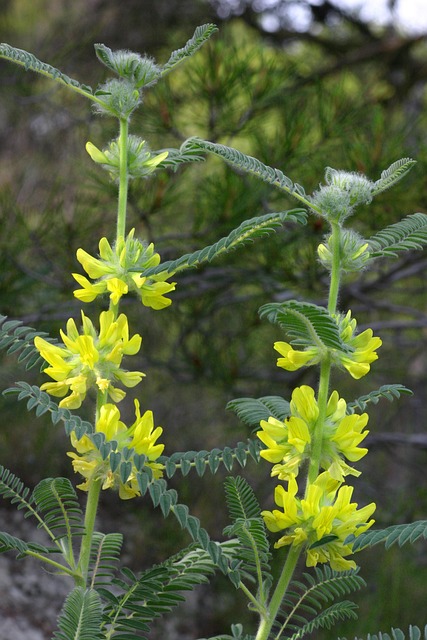
Once it is strained, bottle it and keep it stored in a dark, cool place, like a medicine cupboard. Light at this stage can break down its potency, so keep it out of the windowsill. Label it with name and date, and you’re good to go, easy as pie. The hardest part is waiting.
2. White Cell Boosting Juice – A Nutrient-Packed Immunity Elixir
White Cell Boosting Juice
Another call out from The Forgotten Apothecary, because it’s just that good. This recipe is kind of two recipes, since one of the ingredients is the tincture recipe you see above.
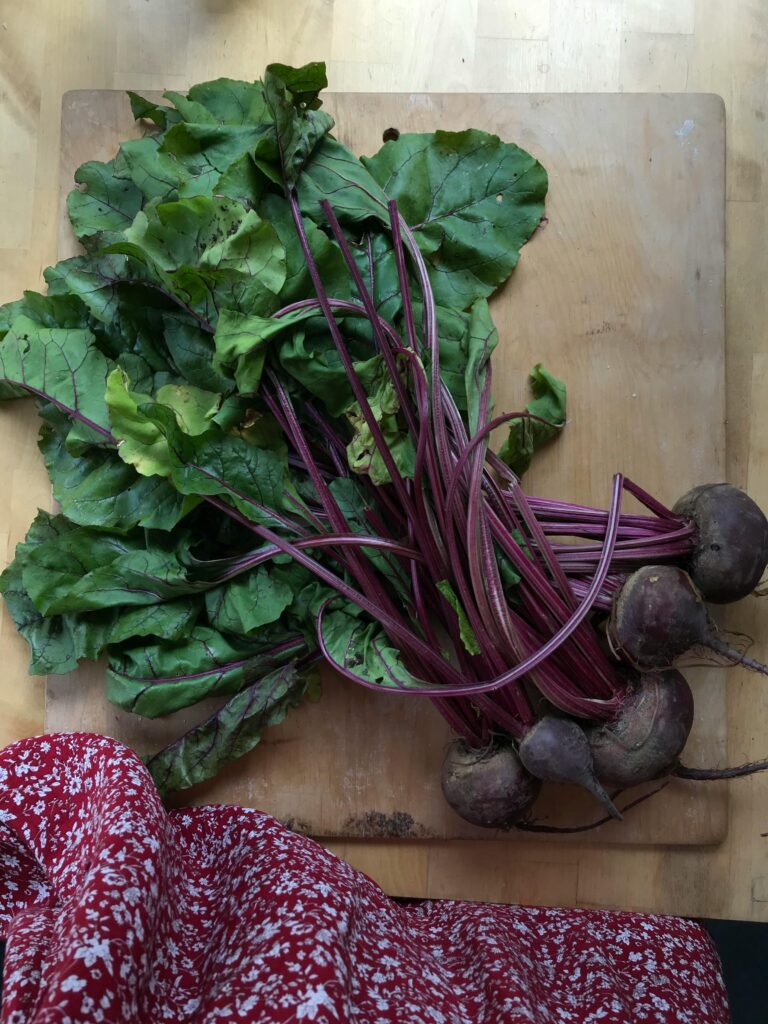
Ingredients:
Astragalus or Echinacea Tincture – Adds an extra layer of immune protection to this already powerful blend. See recipe above.
1 Liter of Orange + Lemon Juice – High in vitamin C, these citrus fruits support white blood cell function and reduce inflammation. Delicious.
1 Large Carrot – Rich in beta-carotene, which helps enhance immune response and protects against infections.
1 Medium Beet – Support detoxification and blood health, improving circulation and oxygen flow. Plus, they make it a fun color.
1 Inch Piece of Ginger – A potent anti-inflammatory and antimicrobial root that helps fight off pathogens. Not the sashimi kind, you want fresh. I usually add more because I love it.
Thick Handful of Parsley – High in vitamin C and antioxidants, parsley provides additional immune support.
Raw Honey – Contains antimicrobial properties and soothes the throat while boosting immunity.
How to Make It:
How To Make It:
- Roughly chop and throw your ginger, carrot, parsley, and beets in a blender with the juice of your lemon and orange. Add 2 full droppers of your tincture.
- Add the honey and blend again for maximum emulsion. Sweeten to your preference.
- If needed, strain, or enjoy the pulpy goodness.
- Drink immediately for a potent immune boost. This will store four about a week in the fridge, but mostly you want it fresh.
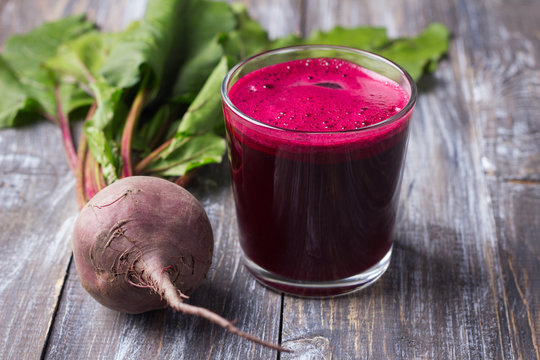
This is also something you can make daily in smaller doses, if you have a juicer. If that is the case, just throw it all in there and enjoy.
Homemade Quinine
Quinine, traditionally derived from cinchona bark, has been used for centuries to fight infections and support immune function. I first read about this years ago, and stored it away in my recipe book. This homemade blend is packed with antiviral and anti-inflammatory herbs, making it a great addition to your natural wellness routine. It’s also a full conversation starter, since it’s a little out of the ordinary.
Click Here To Purchase Your Cinchona Bark

Ingredient Benefits:
Honey or Stevia – A natural sweetener that balances the naturally quite bitter taste of cinchona bark.
Cinchona Bark – Contains quinine, known for its antiviral and fever-reducing properties. Quinine is antimalarial, and has been used to treat colds and flus naturally for centuries. A less common ingredient, for sure.
Oranges & Lemons – Provide vitamin C, and they enhance the absorption of medicinal compounds.
Anise & Coriander – Known for their antimicrobial properties and digestive support. Coriander tastes quite different from its full bloom, cilantro.
Lemongrass – A natural antibacterial and immune-strengthening herb, lemongrass is also antifungal, and good at reducing fevers.
How To Make It:
- Add your bark to a saucepan with your water and let it simmer. Once its heated, add your orange, star anise, and lemongrass. continue simmering, add the citric acid.
- Bring it to a soft boil to add some kick to the infusion process, for about 2 minutes. Then reduce the heat back to a simmer and continue that for up to 30 minutes max. Any longer and the constituents can begin to break down. That is why keeping your heat right is important.
- Strain your mixture and bottle in glass. Let it age in the fridge for two days.
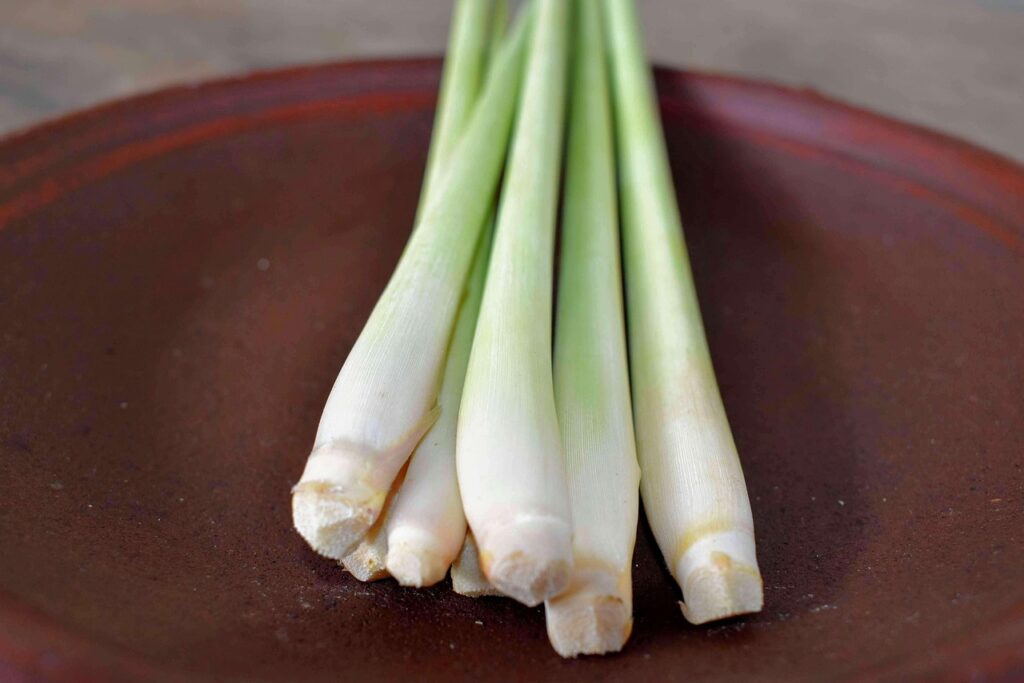
To take, add a tablespoon of sweetener (honey or stevia) and mix, then add to water or sparking water, I like to add it to flavored sparking water. This will keep for about a month in the fridge.
Final Thoughts
Building immune resilience is all about building and strengthening daily nourishment, and proper preparation. These three herbal recipes offer homespun and effective ways to strengthen your body’s defenses using natural, time-honored remedies that just feel plain ol’ good.
Start incorporating these immune-supporting blends into your routine, and let nature do what it does best – heal and protect. The earth is your friend.
Got a favorite herbal remedy for immune support? Let’s talk about it in the comments ~


